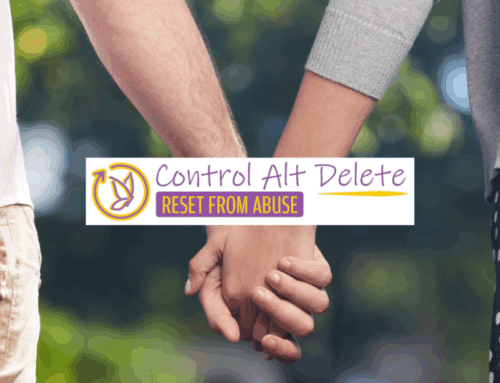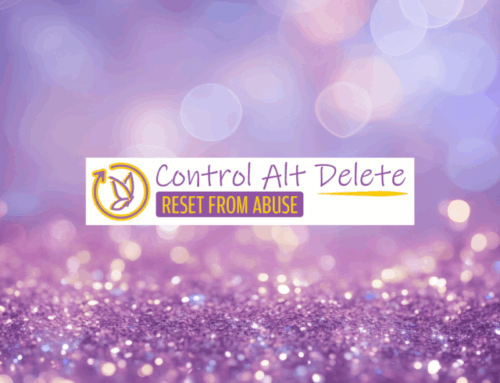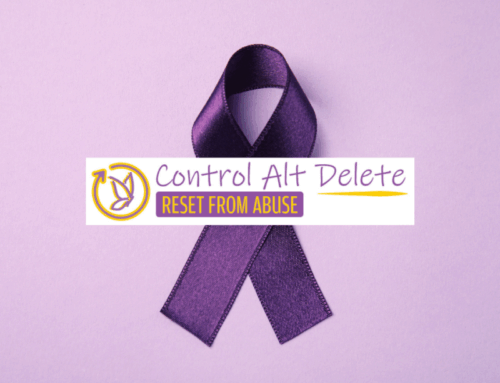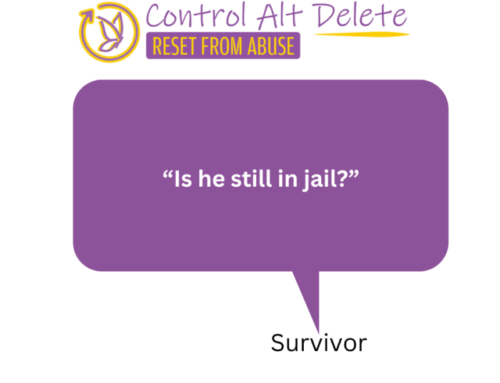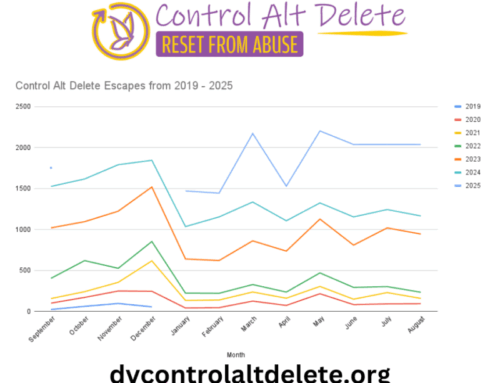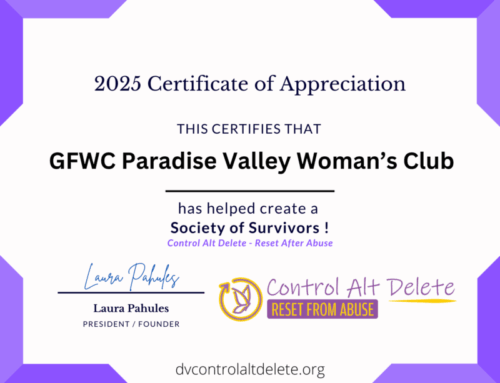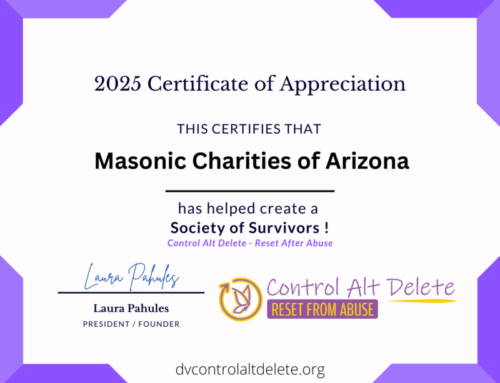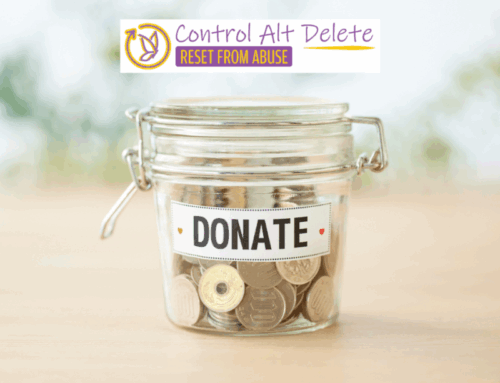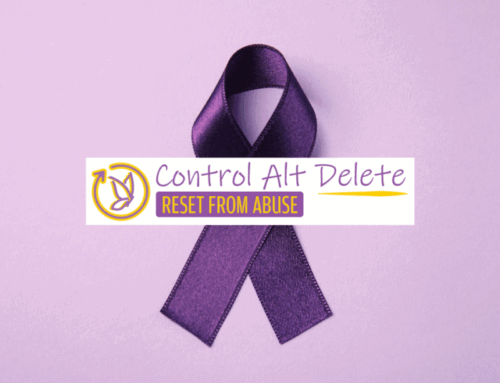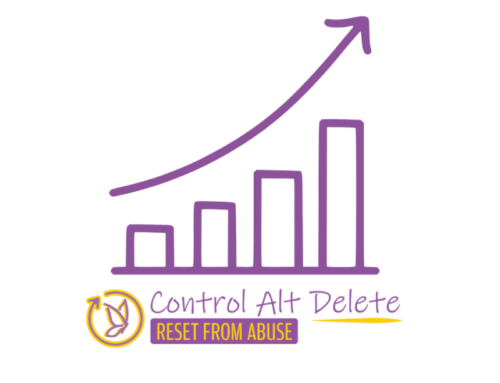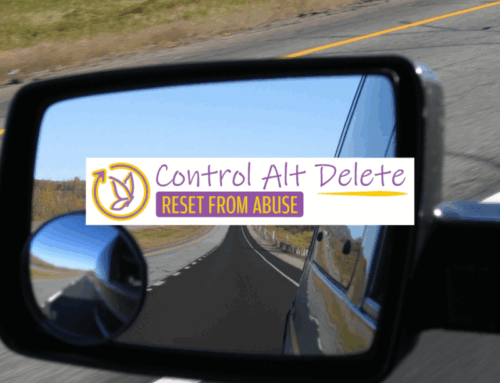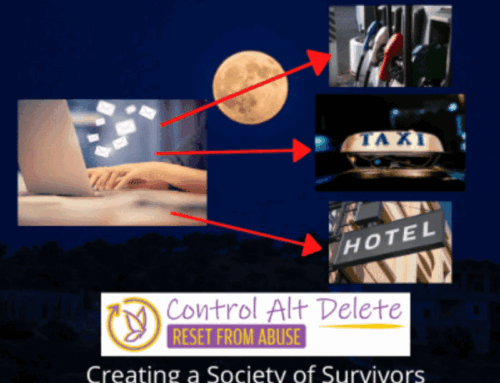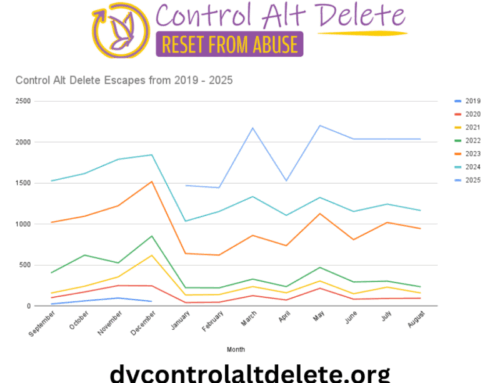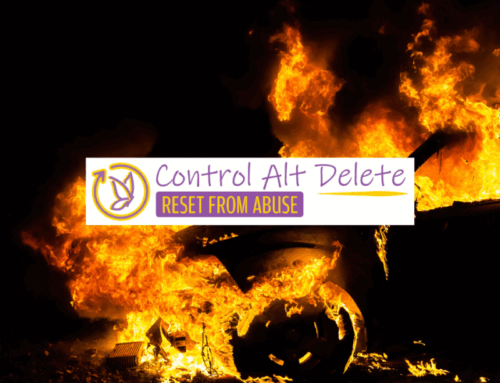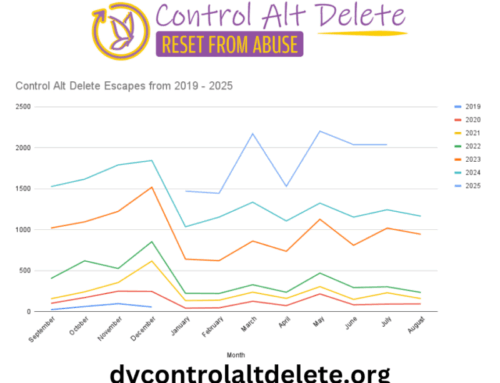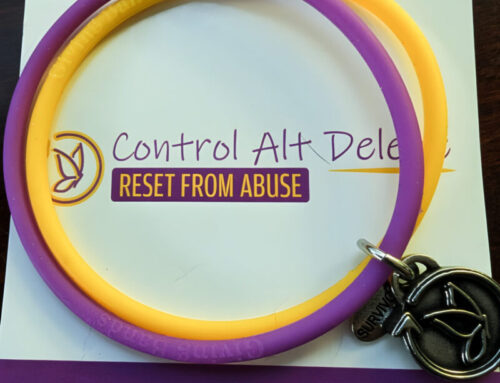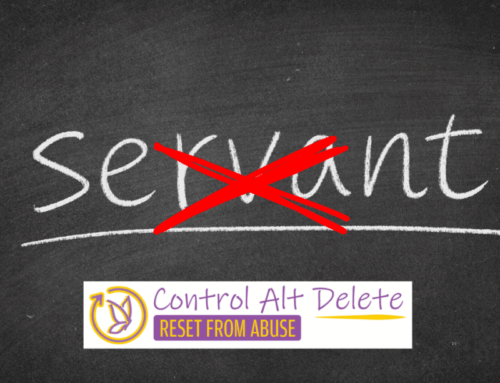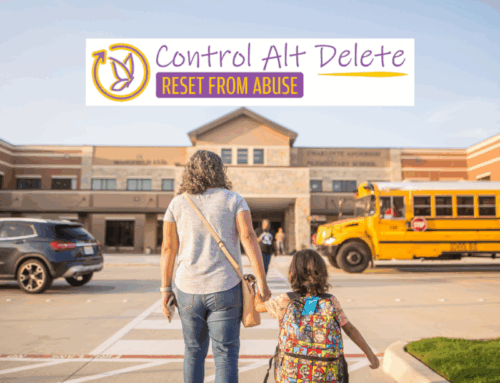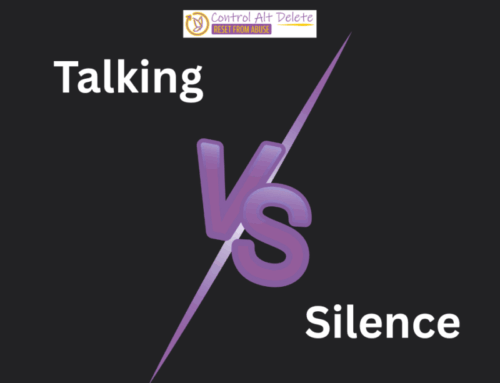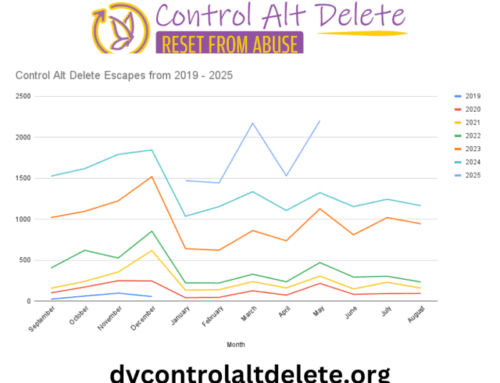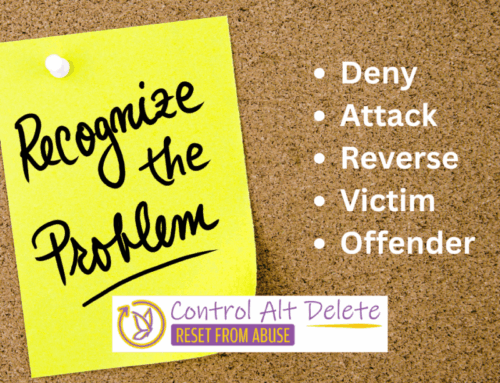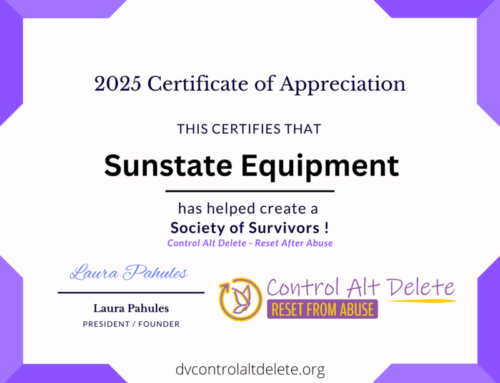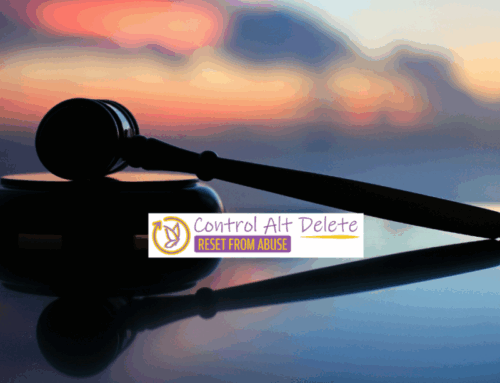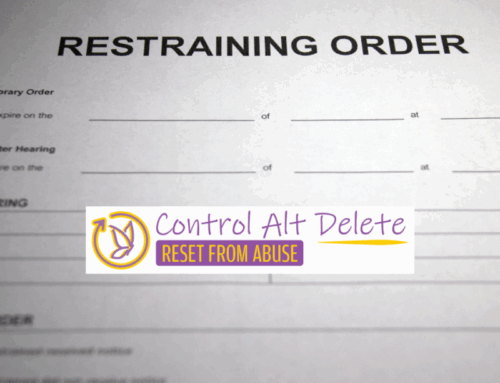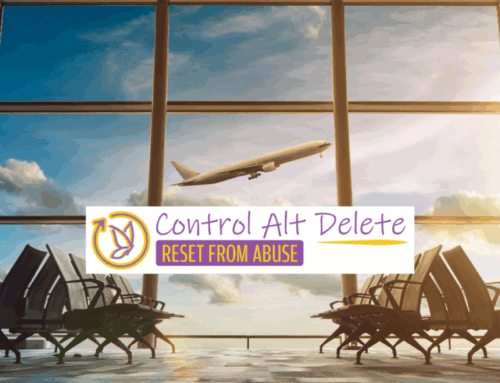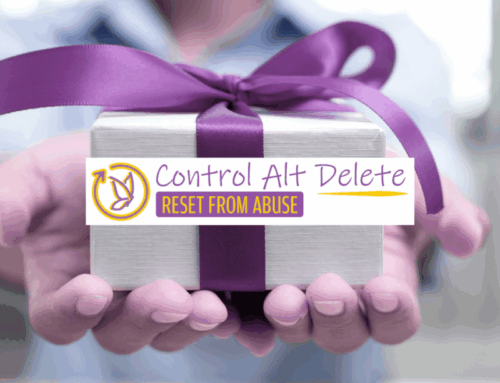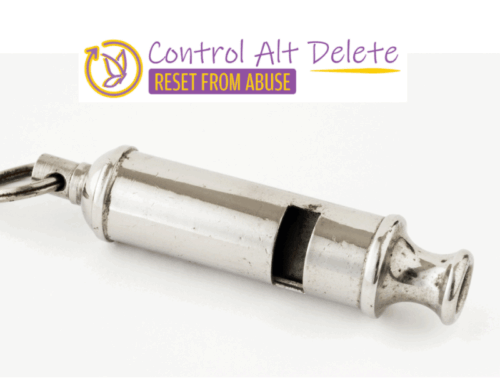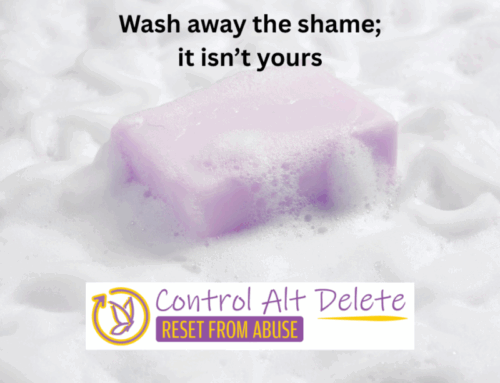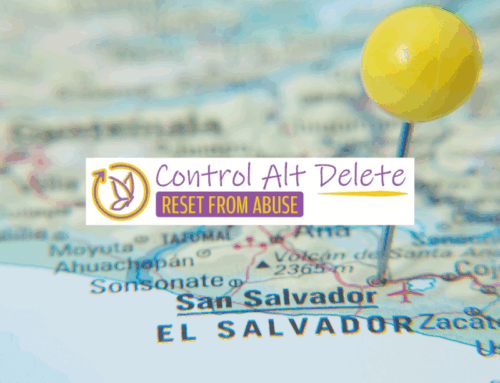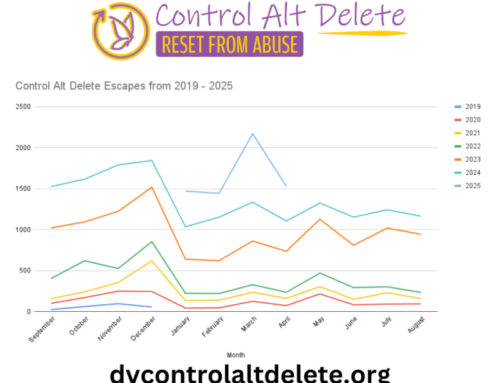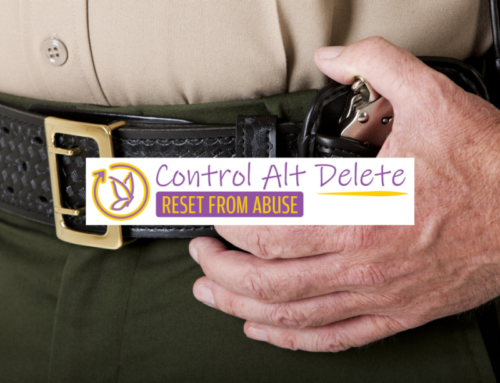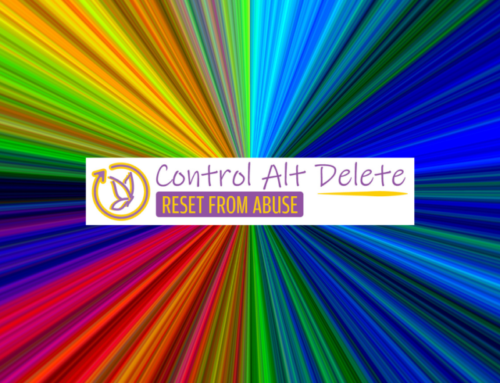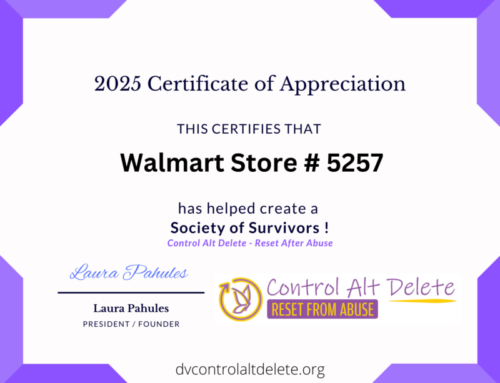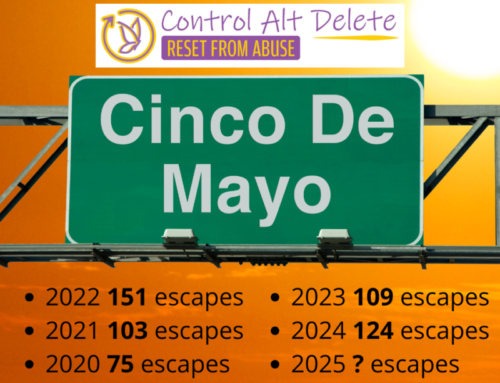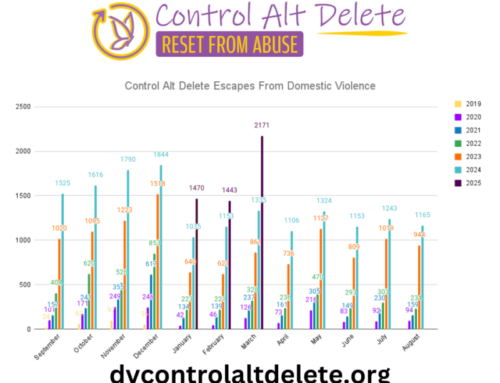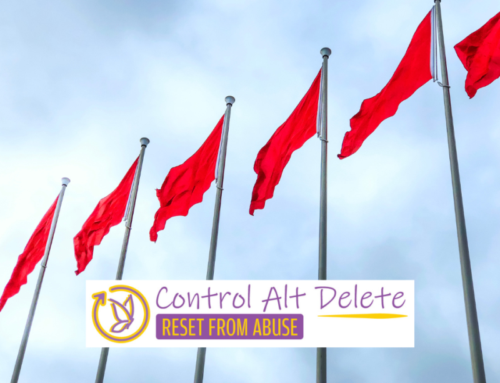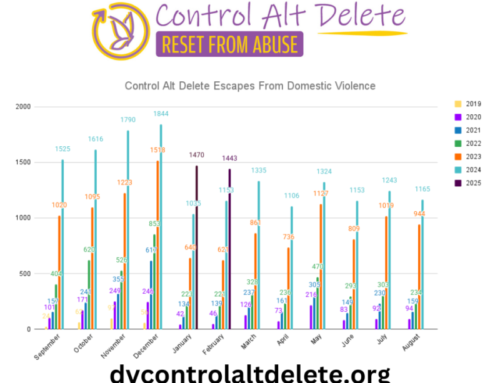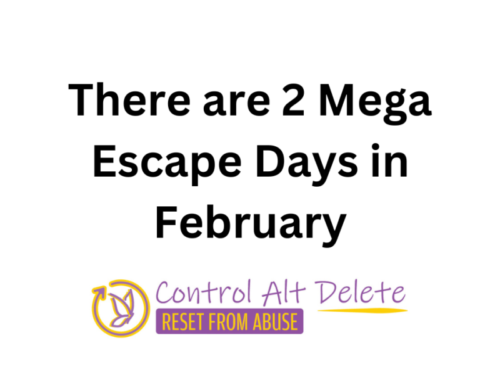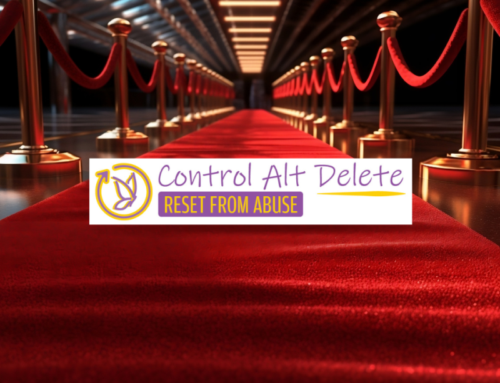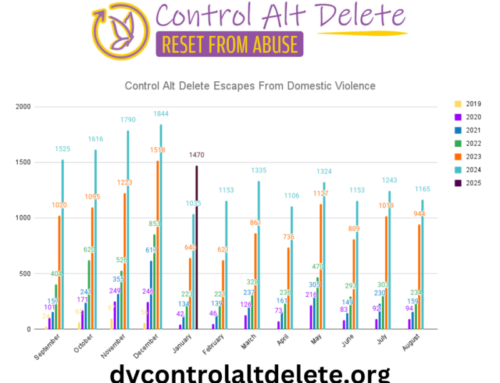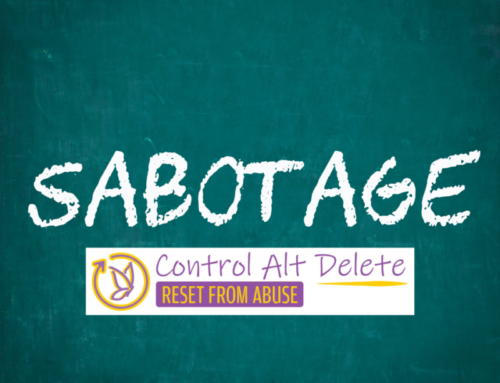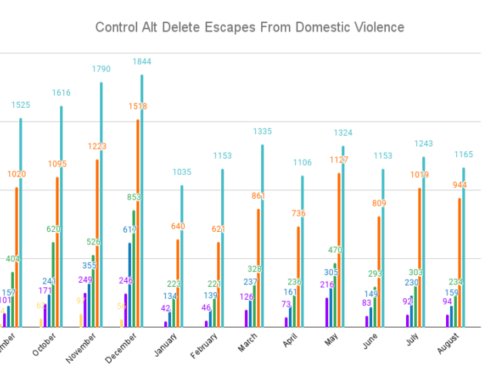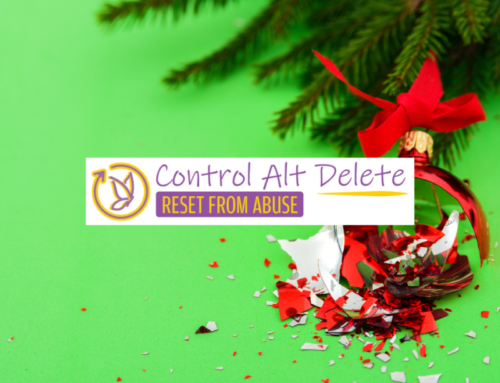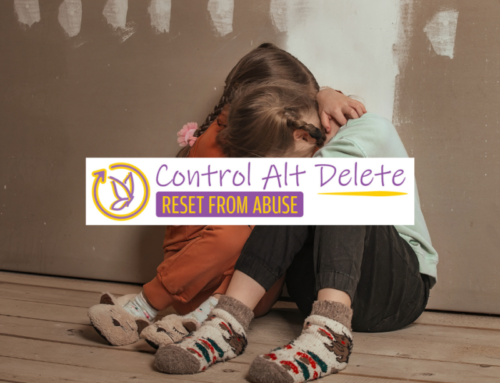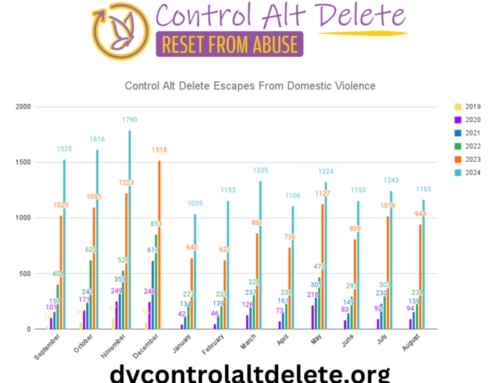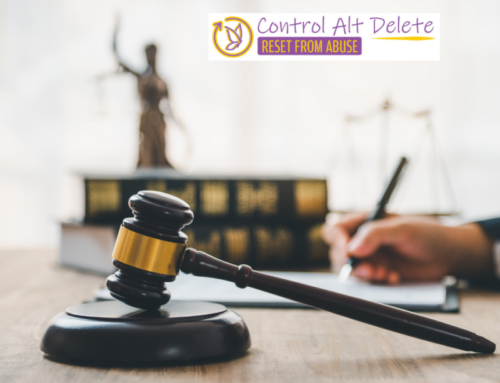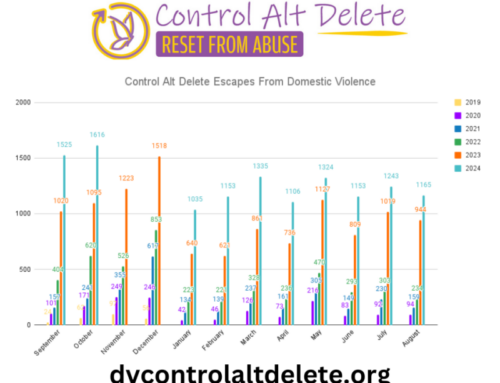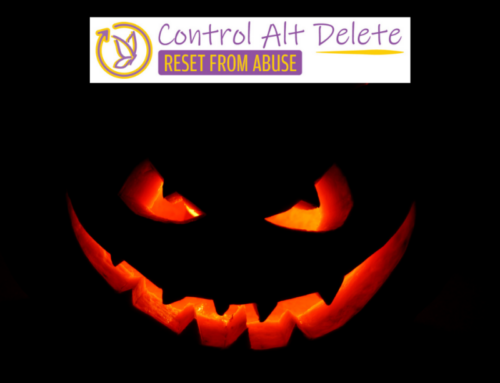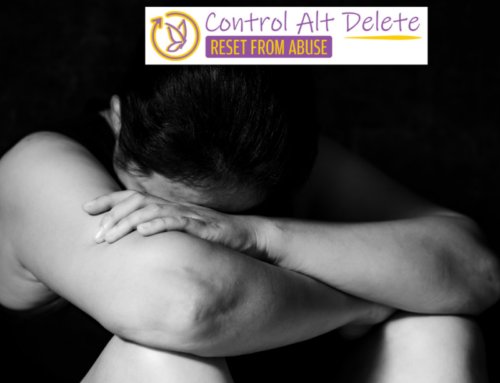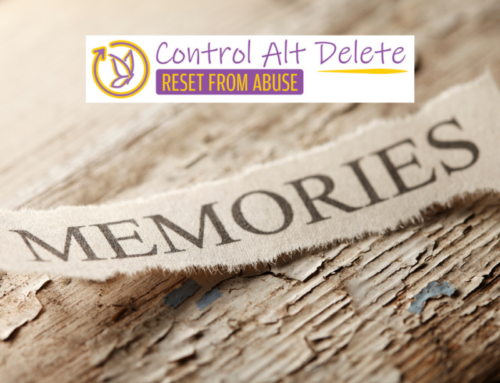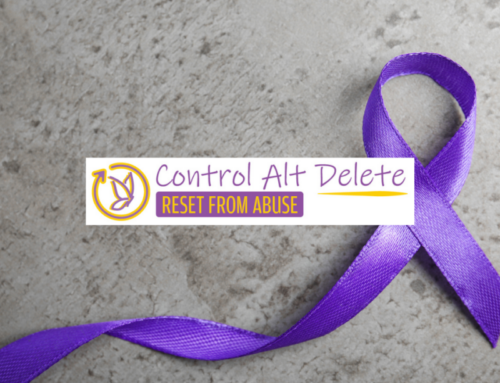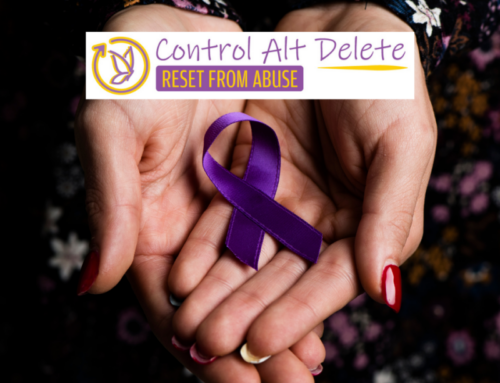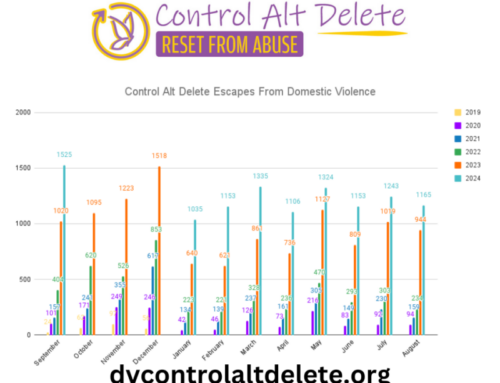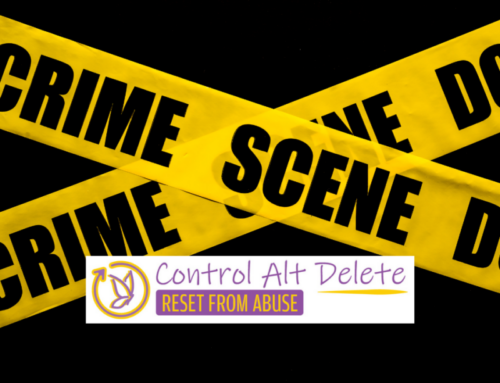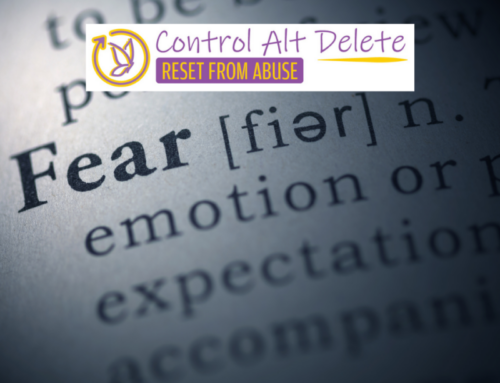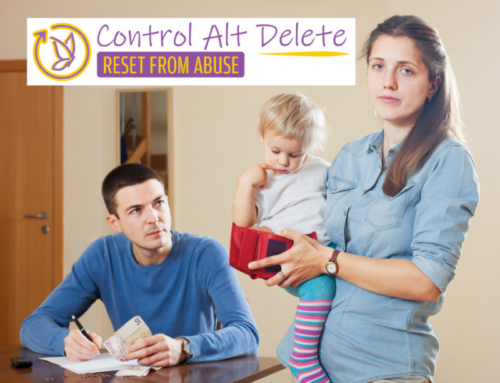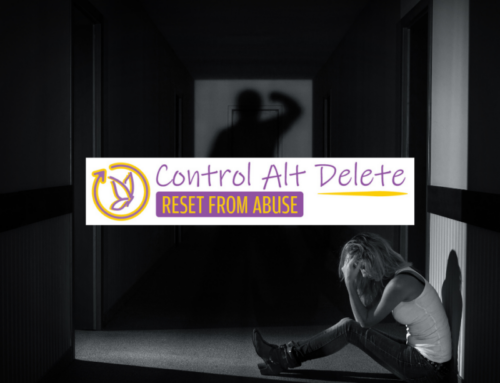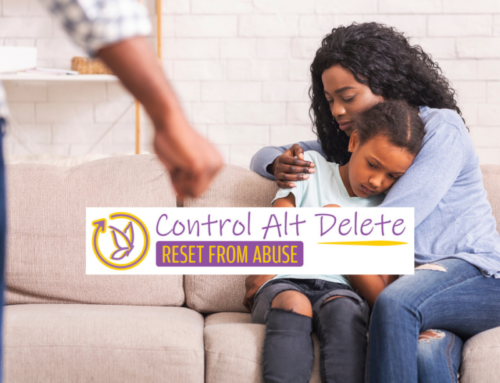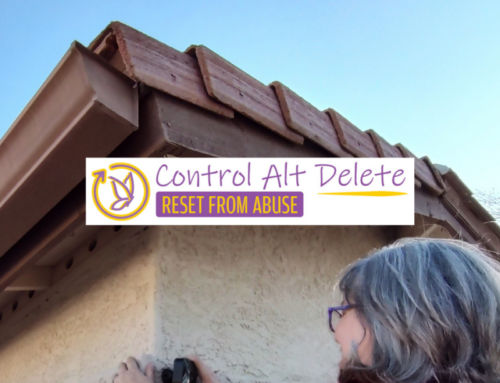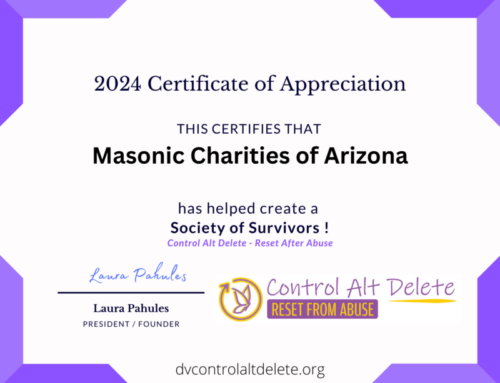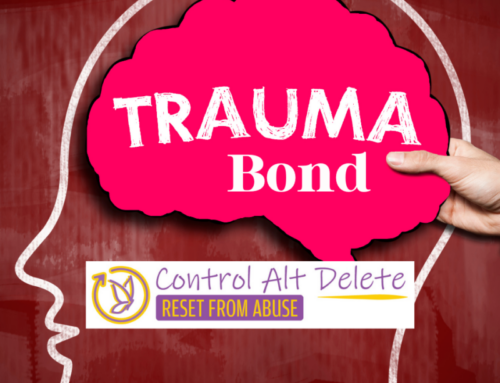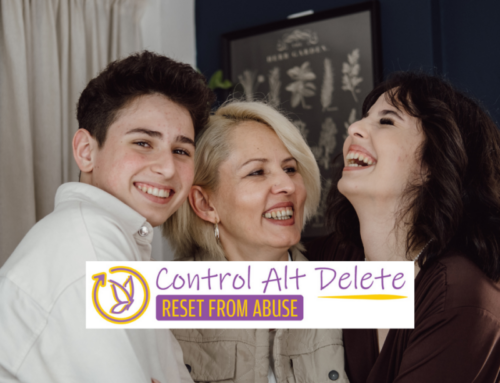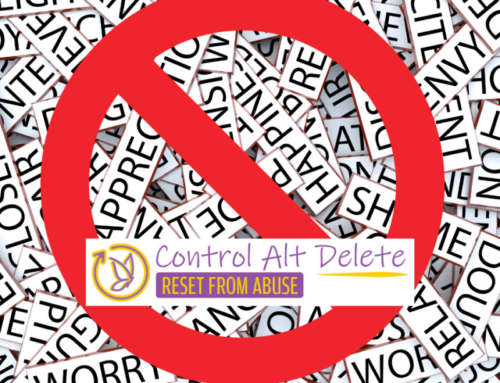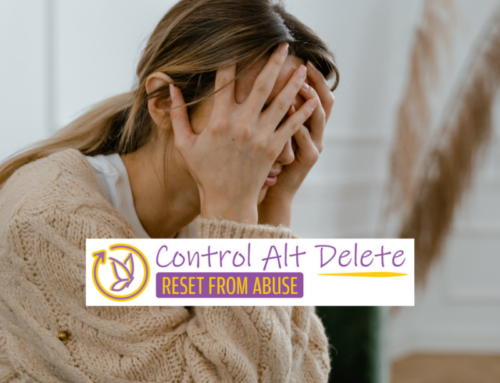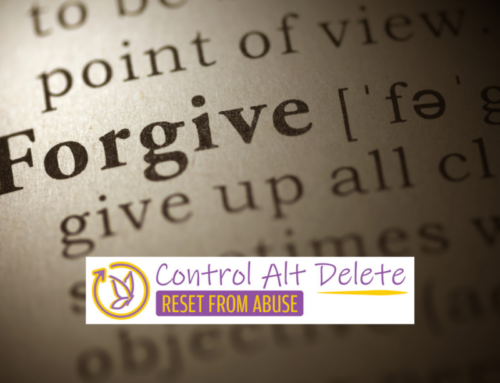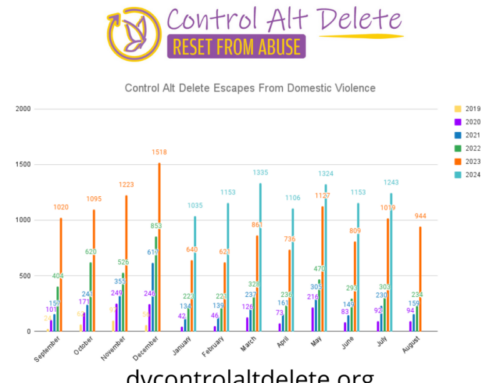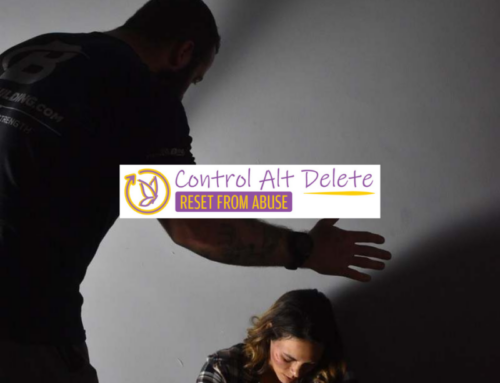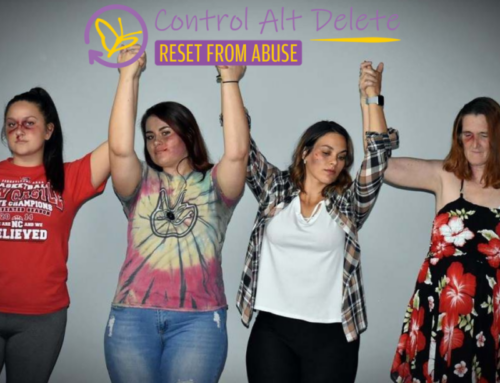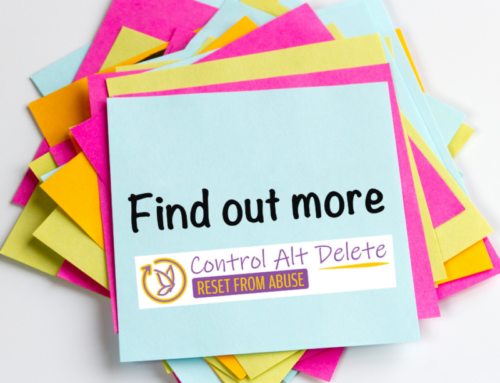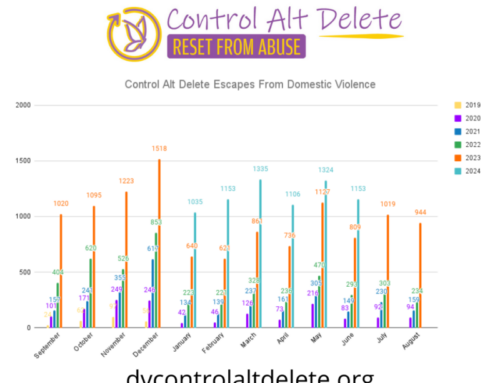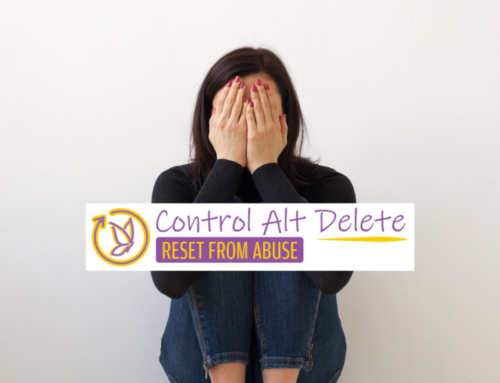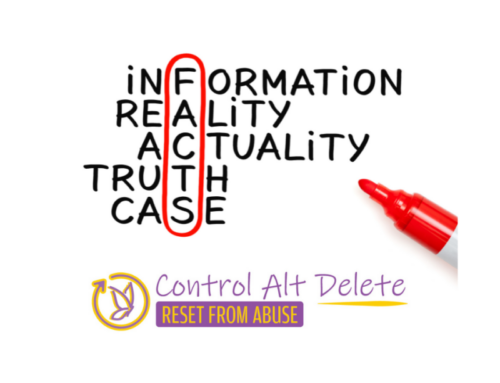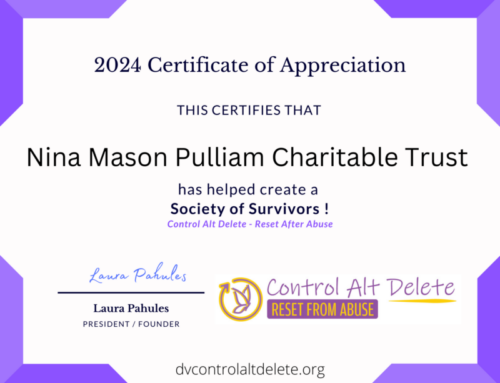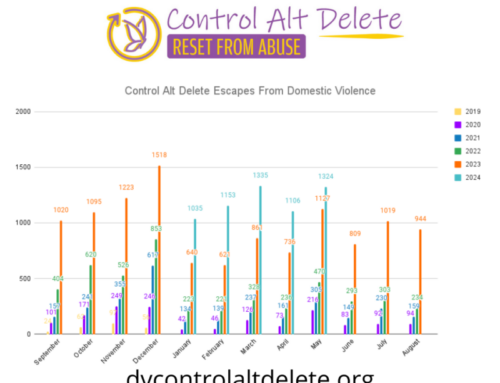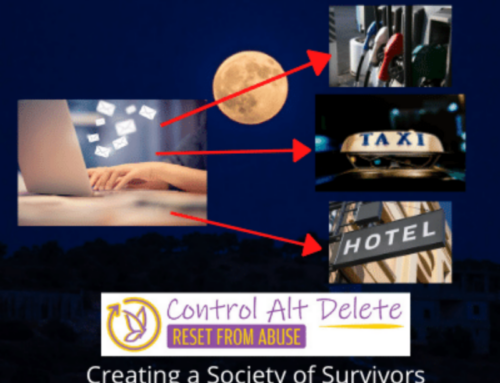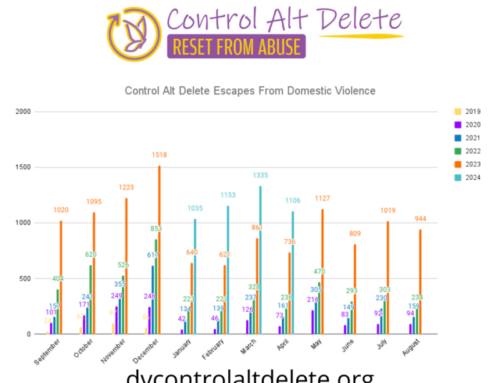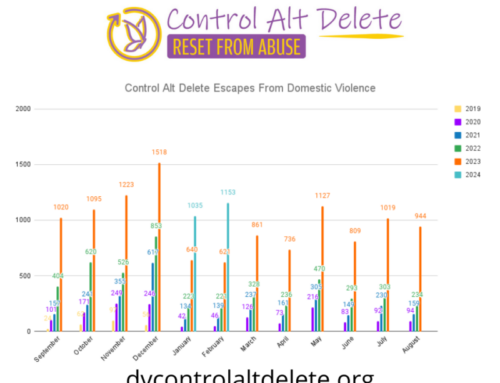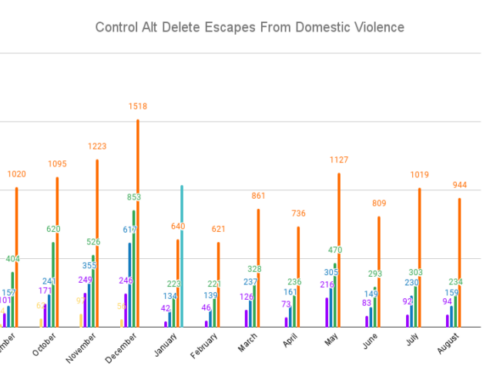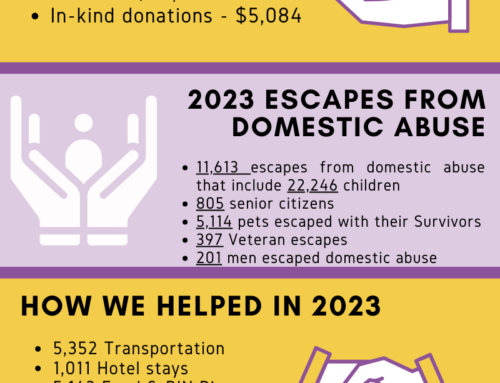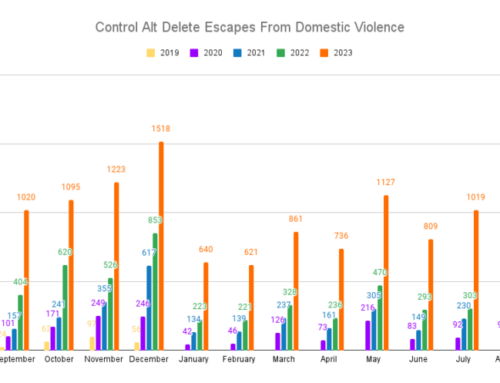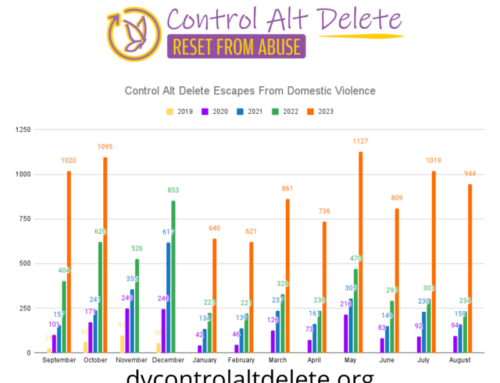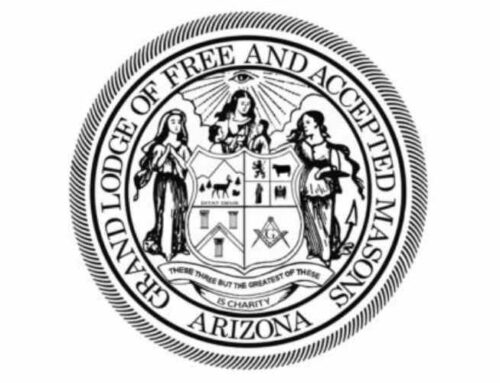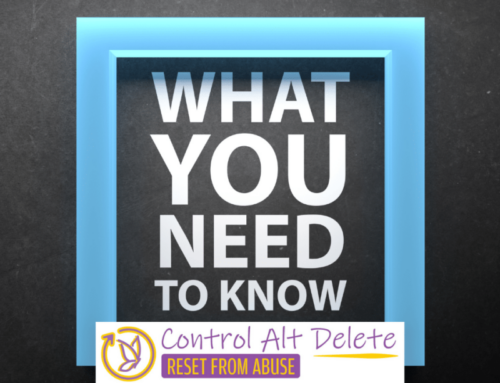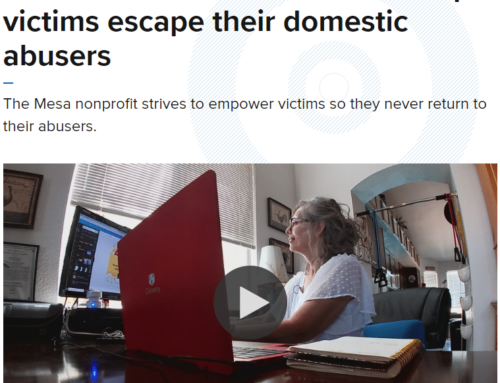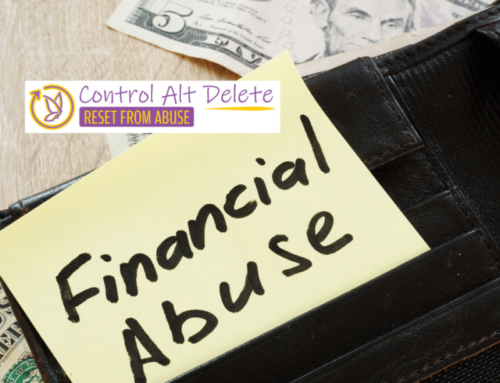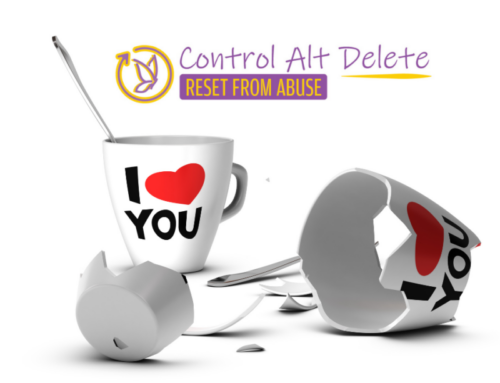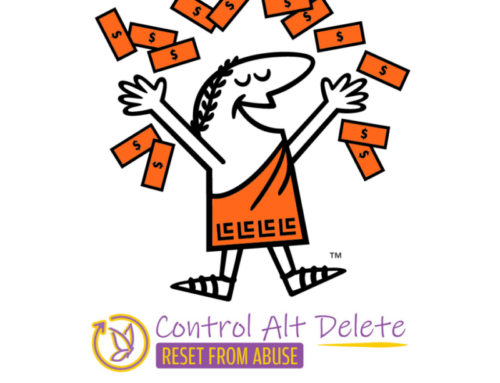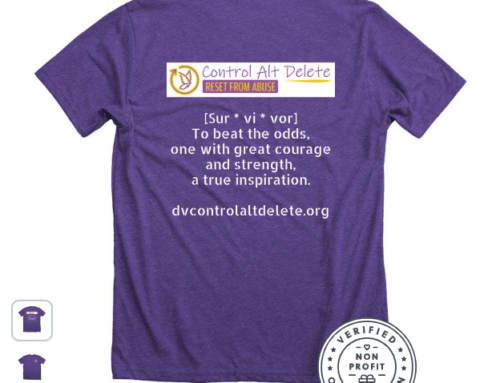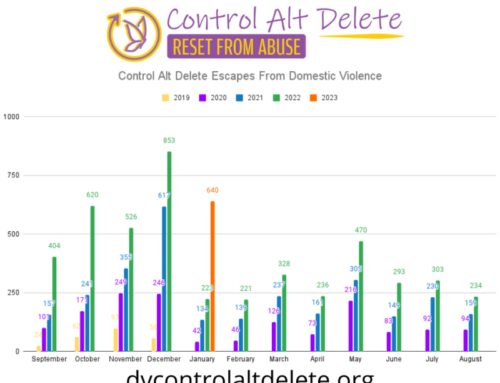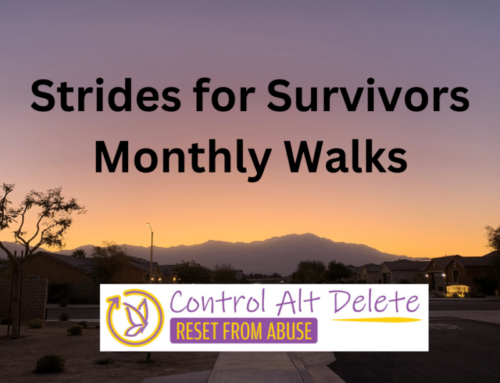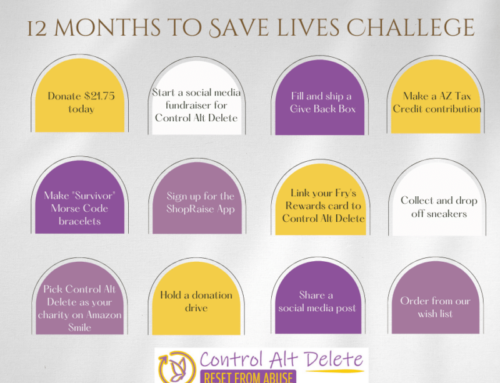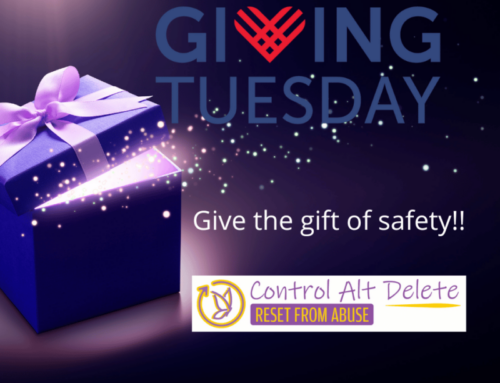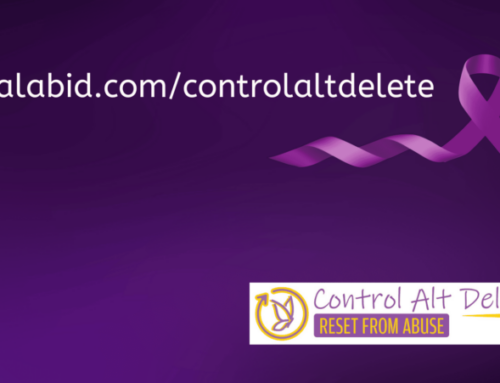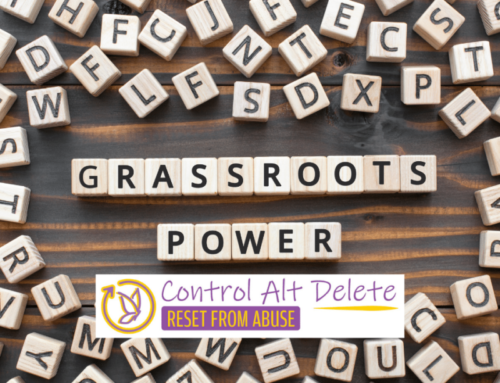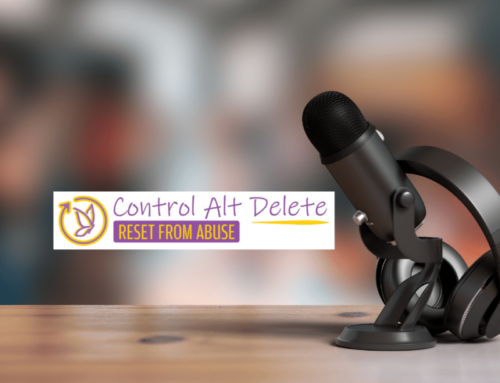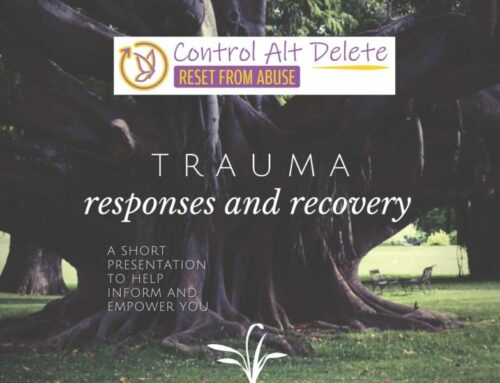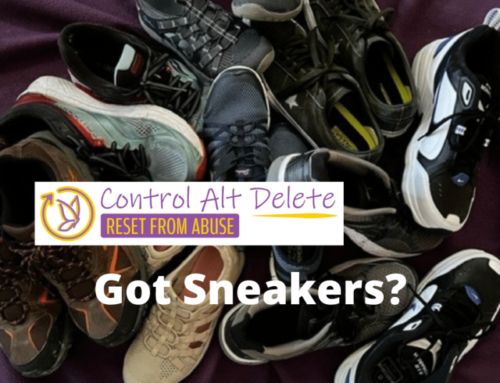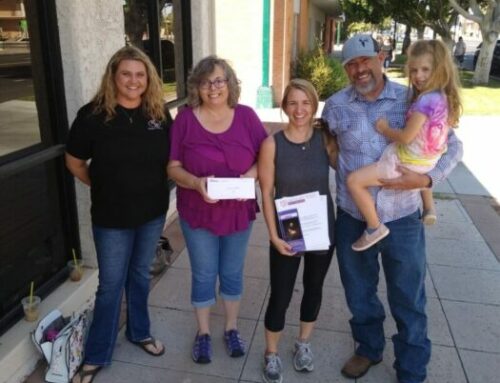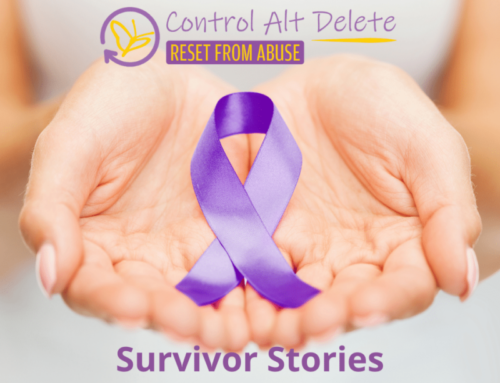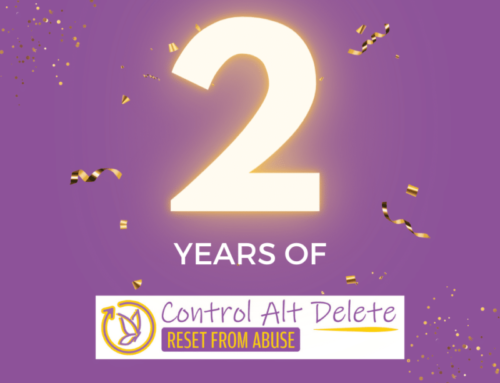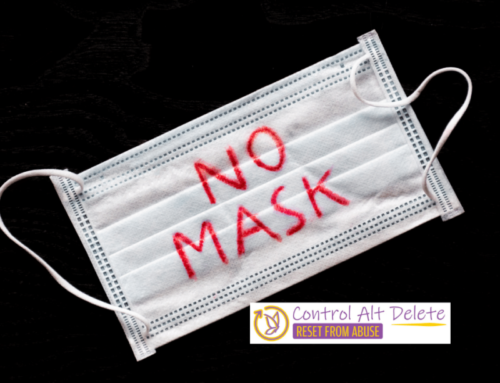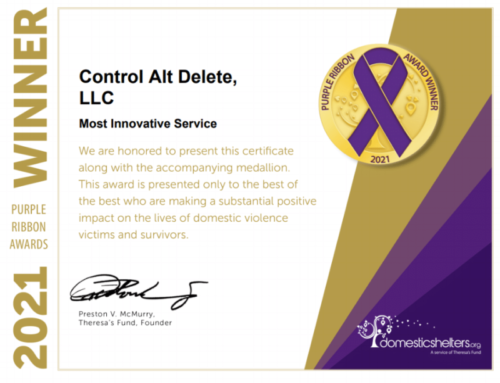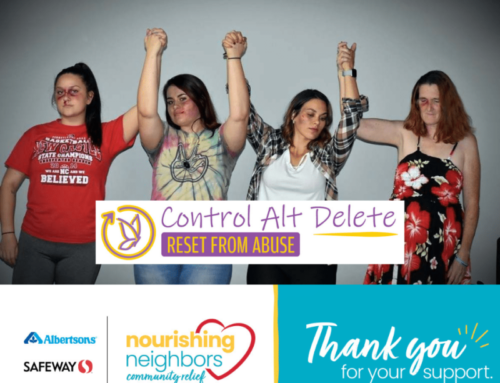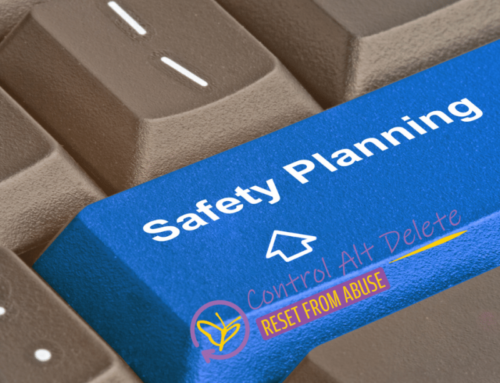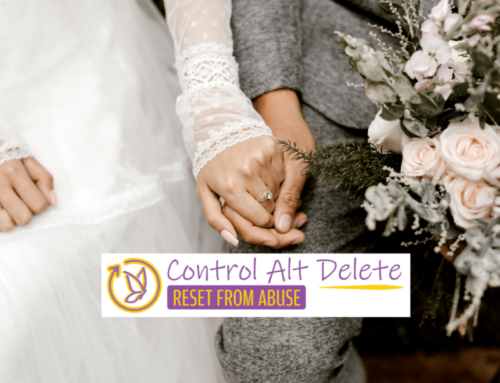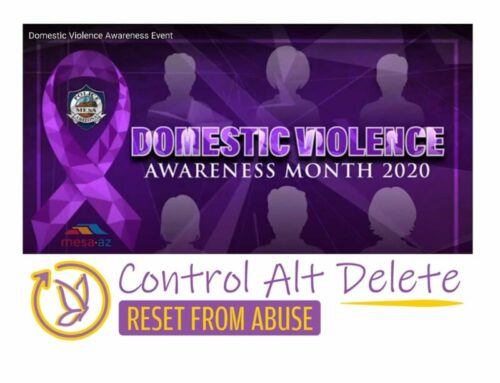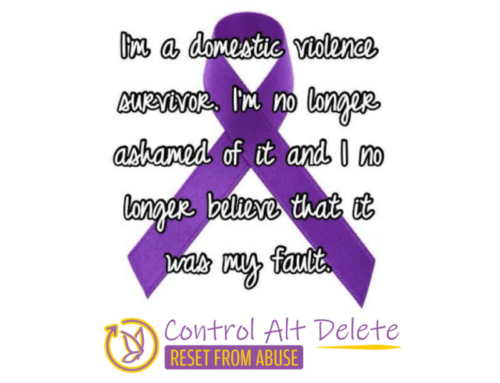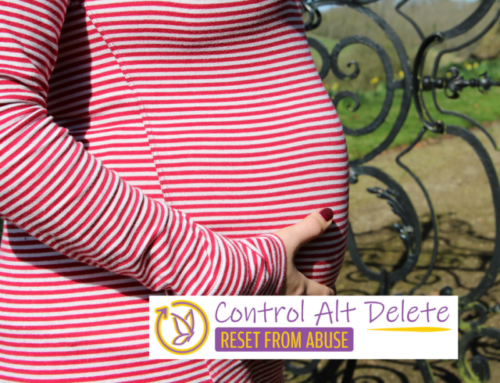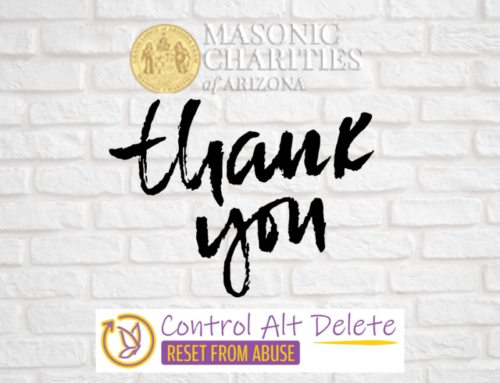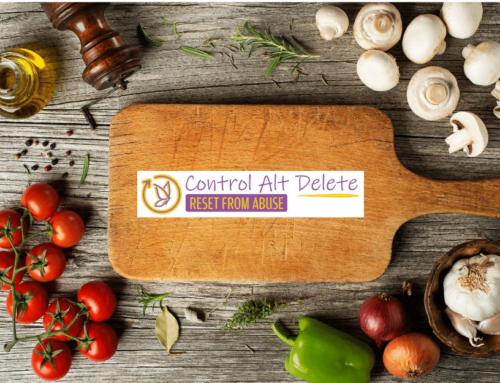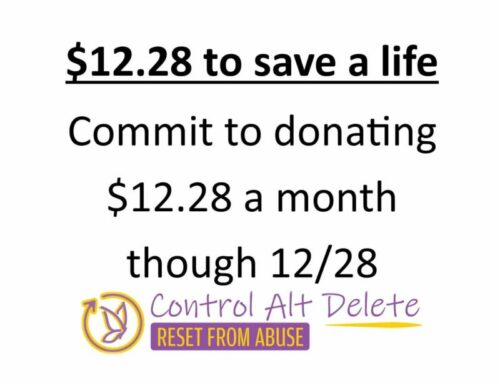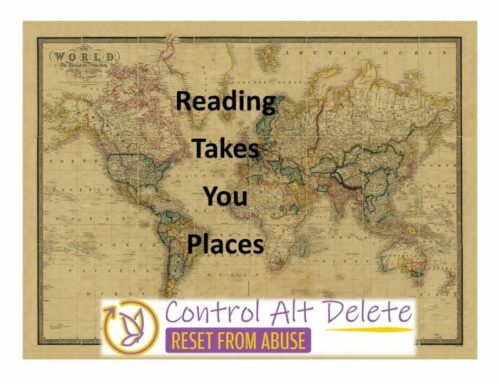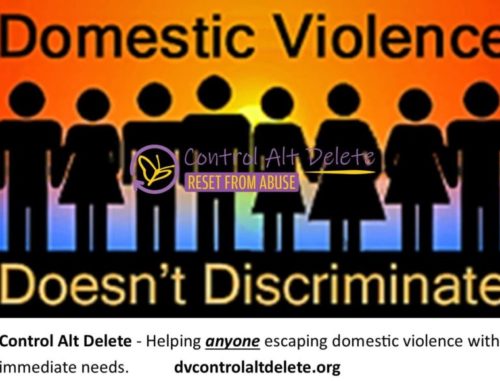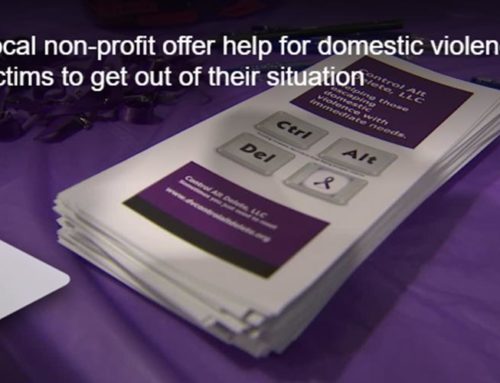Address confidentiality for domestic violence Survivors is a critical program designed to protect the privacy and safety of individuals who have experienced domestic violence, stalking, sexual assault, or other crimes. The program provides Survivors with a substitute mailing address, usually a post office box, that can be used in place of their actual home address. This substitute address helps keep their location confidential from their abusers, which is vital for their ongoing safety and well-being.
Why Address Confidentiality is Needed
- Safety: The primary goal is to keep Survivors safe from their abusers, who may attempt to locate them through public records.
- Privacy: It helps Survivors maintain their privacy and avoid unwanted contact or harassment.
- Peace of Mind: Knowing their actual address is protected can provide Survivors with peace of mind, allowing them to rebuild their lives without constant fear of being found.
- Legal Protection: It prevents abusers from using public documents, such as voter registration, court documents, or school records, to locate Survivors.
How to Start the Process
- Eligibility: Determine if you are eligible for the program. Typically, eligibility is restricted to Survivors of domestic violence, stalking, sexual assault, or other crimes, and you may need to provide evidence of the abuse or threat.
- Find Your State’s Program: Each state in the U.S. may have its own Address Confidentiality Program (ACP) or similar program. Contact your state’s Attorney General’s office, Secretary of State’s office, or a local domestic violence advocacy organization to find out if such a program exists in your state and how to apply.
- Application: Complete the application process. This usually involves filling out an application form and providing documentation of the abuse. The application might need to be notarized or submitted through a certified victim advocate or counselor.
- Confidential Address: Once accepted into the program, you will be provided with a substitute address. This address can be used for receiving mail and for all legal documents where your residence address is required.
- Notify Agencies: Inform relevant agencies, such as your employer, schools, utility companies, and others, about your participation in the ACP and provide them with your substitute address.
- Use the Substitute Address: Use the substitute address for all public records and whenever you need to provide an address, such as in voter registration, driver’s license, and school records.
Additional Tips
- Confidentiality Agreements: Sign confidentiality agreements with your employer or other agencies if needed.
- Legal Assistance: Consider seeking legal assistance to help navigate the process and ensure your safety and privacy are fully protected.
- Support Services: Reach out to domestic violence support services or shelters for assistance and guidance throughout the process.
By enrolling in an address confidentiality program, Survivors can take a significant step towards ensuring their safety and rebuilding their lives in a secure environment.
Creating an Alias Name and Email
In addition to participating in an Address Confidentiality Program (ACP), Survivors of domestic violence can further protect their identity and privacy by creating an alias name and email. This strategy adds an extra layer of protection, making it more difficult for abusers to track or contact them.
Benefits of an Alias Name and Email
- Enhanced Privacy: Using an alias name and email helps keep your true identity hidden in various interactions, reducing the risk of being discovered by your abuser.
- Safety: It provides an additional layer of security, especially in online interactions and social media.
- Peace of Mind: Knowing that your personal information is protected can provide significant peace of mind, allowing you to focus on rebuilding your life.
- Professional and Personal Boundaries: Using an alias can help maintain clear boundaries between your personal and professional life, ensuring that your private life remains undisclosed.
How to Create an Alias Name and Email
Creating an Alias Name
- Choose a Name: Select a name that you are comfortable using in place of your real name. Ensure it is different enough from your real name to avoid easy association but still easy for you to remember.
- Consistent Use: Consistently use your alias name in all interactions where you want to maintain privacy, such as on social media, in public records where permissible, and in non-official capacities.
- Documentation: For non-legal and informal situations, you can start using the alias without any formal documentation. However, always ensure to use your legal name in official and legal documents where required by law.
Creating an Alias Email
- Choose an Email Provider: Select a reliable email provider, such as Gmail, Outlook, or Yahoo.
- Create a New Account:
- Go to the email provider’s website and sign up for a new email account.
- Use your alias name when prompted for the account name.
- Create a strong, unique password for the email account to ensure its security.
- Avoid Linking to Personal Information: When setting up the email account, avoid linking it to your personal phone number or any other identifiable information.
- Use the Alias Email: Use this email address for all communications where you want to maintain privacy. This includes online shopping, social media, job applications (if appropriate), and other non-official correspondence.
- Monitor and Secure: Regularly monitor the alias email for any suspicious activity and ensure you maintain strong security practices, such as two-factor authentication, to protect it from unauthorized access.
Additional Tips
- Password Management: Use a password manager to keep track of your alias email password and other sensitive information securely.
- Separate Devices: If possible, use a separate device for your alias activities to prevent accidental linkage with your real identity.
- Regular Updates: Regularly update your passwords and review your privacy settings on all platforms where you use your alias.
By creating and consistently using an alias name and email, Survivors can better control their personal information and interactions, contributing to their overall safety and peace of mind.
Control Alt Delete and other agencies will require both the Survivors legal name and alias before providing any services.
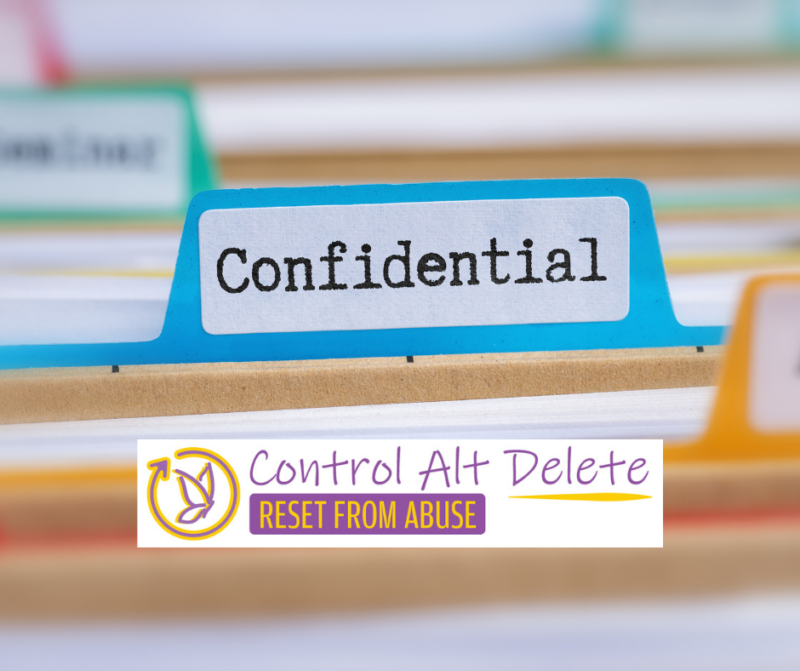
Control Alt Delete removes the barriers that keep people in unsafe and abusive situations by providing one time assistance at the most vulnerable and crucial times as Survivors are actually escaping. We can’t do it without you, our supporters.


